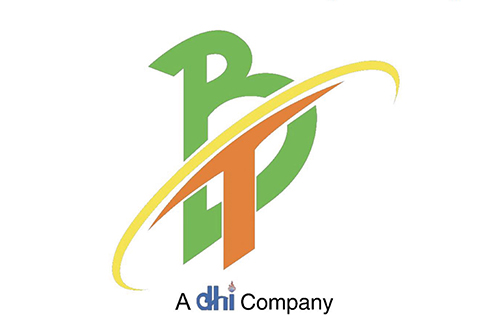The GovTech Agency sent a letter to the Bhutan Telecom (BT), on behalf of the government, asking it to reduce mobile data charges by 50% from 1st July 2025 onwards.
With this order, the public expectation built up that the reduction will happen from 1st July onwards.
However, there will be no data reduction in July as BT has been told by the Druk Holding and Investments (DHI) Board to do a detailed study, not just on the data charges reduction but its impact on the sustainability of BT, impact on quality of service, the competition in the market, etc.
After the letter from GovTech arrived, the BT management presented the matter to the BT Board which had two board meetings on the matter in May and June, and then decided to push the matter to the DHI Board for the final decision.
The DHI Board met on the issue and directed BT on 26th June to do a detailed study.
The BT management feels the detailed study will take at least a month before it can be presented to the DHI Board.
The BT management also dismissed online reports and posts of a doubling of data for the same amount from 1st July and said it is not true.
Apart from the financial and technical aspects, one of the issues that cropped up is in terms of the autonomy of DHI and if a DHI Company should take such major decisions based on a government directive.
A senior DHI official said, “DHI respects the government order but for us to be triple sure we have requested for a time extension from the government.”
He said DHI owns 100% of Bhutan Telecom and DHI’s concern is from the angle of service delivery and fears of congestion if the data is doubled.
The other concern is that BT has optical fibers in every nook and cranny of the country as part of the national infrastructure and of particular importance especially during emergencies and so it is important to maintain this well.
The DHI official said that with the 50% reduction they want to ensure that the company is sustainable in the medium and long term given its national role.
He pointed out that in the last 5 years BT had already reduced its data charges by 59% and reducing it 50% overnight can lead to congestion issues.
The official said that DHI under the Charter has the responsibility to ensure that the tariff reduction makes the company sustainable so that it is there for the next generation too. The official again reiterated that DHI respects the government order, but it just wants to double and triple check to ensure the continuity of BT and so a couple of weeks or months of delay does not matter in the long run.
BT has been expanding its infrastructure as part of its normal budgeted activities, and it has been doing some preparatory studies and works, but it has not yet made any major expenditure to prepare for the anticipated congestion due to higher data usage after the reduction in charges.
A BT official said that it cannot spend a major amount of money as the BT Board approval is required first and, in this case, even the DHI approval. The fear is that the management will be held accountable of making major preparatory expenses without approval from the board.
Another factor is that it is not clear how much increase there will be in data consumption, and so BT does not want to invest a lot and later find out it is redundant, especially when the slash in data prices would majorly impact its revenue on this front.
In 2024 BT earned Nu 6 billion (bn) from data charges with a Nu 2 bn profit. Once the data charges are halved, this profit will come down to around Nu 46 million (mn).
The BT Board consists of the DHI CEO as the Chairman, Education Secretary, the DoMCIIP Director, a GovTech Chief ICT Officer, a private sector Director and a Senior Analyst from DHI.
On 4th March 2025 the Prime Minister Dasho Tshering Tobgay said the Cabinet has approved the slashing of mobile phone data charges by 50%. It was thought the implementation would take 3 to 4 months and the implementation timeline was finalized at 1st July with the GovTech letter.
As per the original plan, once the Board granted its approval, the next move for BT was to enhance its network capacity, which would mean installing new mobile towers and enhancing the capacity of the current ones. This itself would have taken time as towers have to be first ordered and then installed.
In the earlier stages, talks were also on with Tashi Cell, but Tashi Cell is no longer involved in the discussions.
One of the broader measures that the GovTech is looking at to reduce prices is try and get all of the imported bandwidth of the country from one or two vendors so that the price can be brought down using the higher volume.
BT has around 60% of the mobile data market, with around 450,000 subscribers and Tashi Cell has around 40% of the market.
Bhutan currently has around 20 internet and data providers serving approximately 700,000 subscribers and 21,000 leased internet lines.
The prices of internet leased lines had been slashed by around 50% a few years ago.
